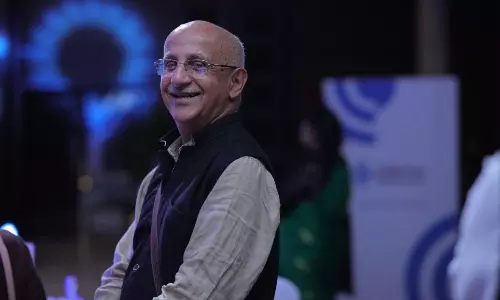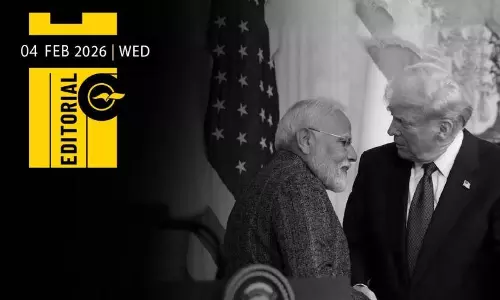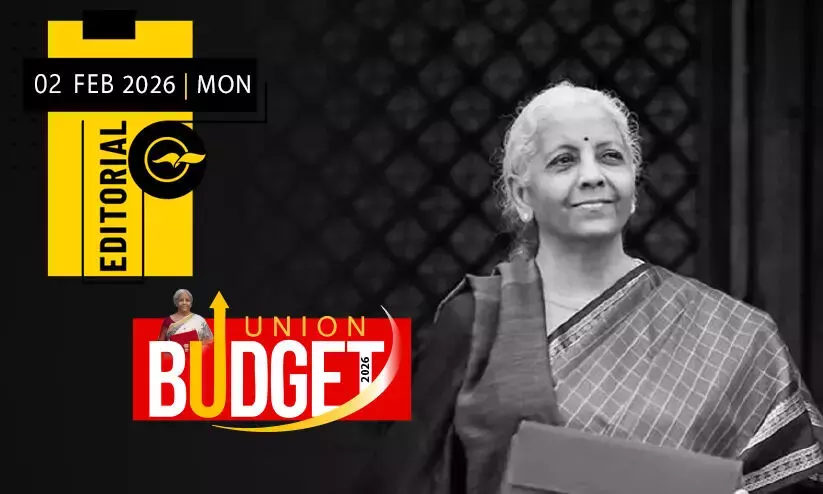
When the Jumbotron speaks: privacy in the age of viral spectacle
text_fieldsImage only for representation
It was meant to be a playful moment. Coldplay’s concerts are famous for their “kiss-cam,” a tradition where cameras sweep across the crowd, magnifying affection onto giant screens while thousands cheer. But in San Diego, one kiss did more than entertain—it detonated a private life.
When the camera caught VMWare CEO Andy Byron kissing his company’s HR chief, Kristin Cabot, the embrace traveled from stadium spectacle to global scandal. Within days, he resigned, she vanished from the company directory, and what began as a few seconds of intimacy became an international headline.
Welcome to the age where privacy is a performance, and the stage is everywhere.
The jumbotron was never designed as an ethical device. It’s a crowd-pleaser, a gimmick. Yet its lens is indiscriminate. When you attend a concert or a sports match, you consent to the possibility of being seen—but does that extend to having your personal conduct immortalized, memed, and dissected across the world? Byron’s downfall shows that in 2025, it does.
The stadium is no longer just a place for music—it’s a broadcast arena where one kiss can rewrite careers.
The ethical dilemma is stark.
On one hand, Byron made a personal choice in a public space. On the other, does a camera operator bear responsibility for thrusting that moment onto a screen with tens of thousands of witnesses—and then, inevitably, onto millions of phone screens?
In an era where everyone is both spectator and broadcaster, the boundary between public fun and private exposure has collapsed.
It’s easy to argue that public figures should know better. CEOs, politicians, celebrities—they live under harsher spotlights. But what about the rest of us? A teenager caught sneaking a beer, a couple arguing in the stands, a stranger picking their nose—once upon a time these were private embarrassments. Today, they are viral content.
The Coldplay incident is a reminder that the line between entertainment and intrusion is perilously thin. The kiss-cam was a joke until it wasn’t. The crowd roared until the internet roared louder. And in the end, the damage wasn’t just reputational—it was human. Families, jobs, and lives were upended in seconds.
Maybe the lesson isn’t to kill the kiss-cam, but to question our hunger for spectacle.
Do we laugh with people, or at them? Do we cheer for love, or feed on scandal?
The jumbotron doesn’t care—it reflects us. And in this case, what it revealed wasn’t just two people kissing. It revealed a world all too eager to turn private flaws into public entertainment.
























